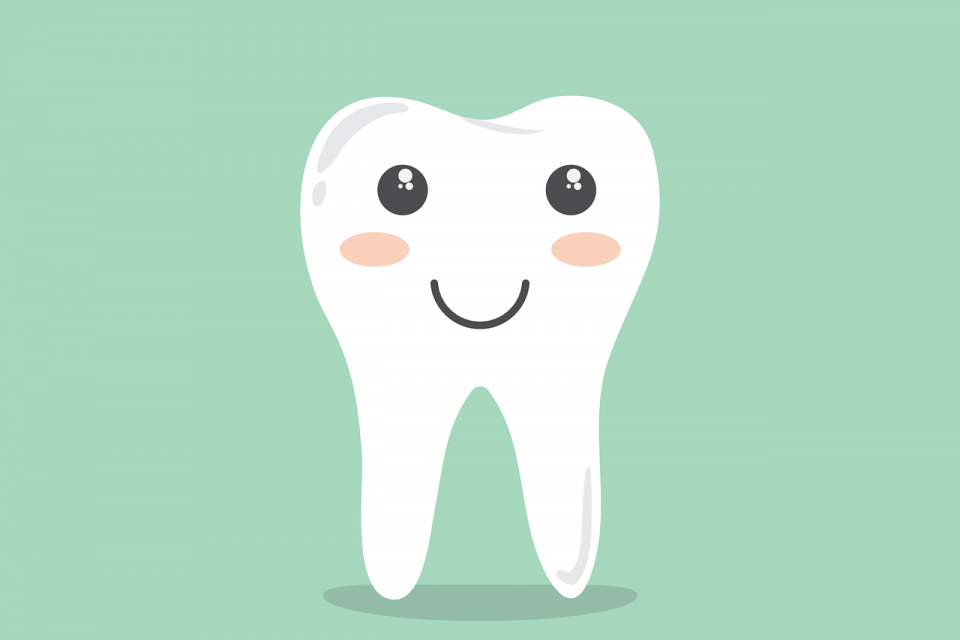I understand that periodontal disease is a major cause of tooth loss in adults, but is there anything I can do about it?
Gum disease—periodontal disease—often progresses slowly, without pain, over a long period of time. This is one reason why it is common among older adults. The longer the disease goes undetected and uncontrolled, the more damage it causes to gums and other supporting tissues. Although periodontal disease is caused by bacteria, other factors can increase the risk or severity of the condition. These include food left between the teeth, tobacco use, badly aligned teeth, ill-fitting bridges or partial dentures, poor diets and some systemic diseases such as diabetes.
Although periodontal disease is common, it can be controlled but is often a life-ling commitment. In its early stages, it can be reversed. Treatment of advanced cases may require surgery. If you notice any of these: bleeding gums when you brush; red, tender or swollen gums; gums that have pulled away from the teeth; pus between your teeth and gums when the gums are pressed; loose teeth or teeth that are moving apart; any change in your bite; any change in the fit of your partial dentures; constant bad breath or bad taste…….this may mean you have severe gum disease and are losing your teeth!
Prevention is key!
My dentures don’t feel as comfortable as they once did. Before I see the dentist, should I try some different products myself to try to improve them?
Your dentures were made to fit precisely. If they are cared for properly, they do not change shape. They can become loose due to natural changes in the gums and bone supporting them. As the jawbone begins to shrink, so do the gums. In addition, the teeth wear over time and become less effective during chewing. Most dentures should be replaced every 5-8 years.
When your dentures do not fit properly, see your dentist as soon as possible so adjustments can be made. Professional relining of the denture may extend its lifespan.
Do not try to change the fit of your dentures yourself. This can damage them and make them unrepairable.
If I have full dentures, do I really need to see the dentist as often as before?
Even if you no longer have your natural teeth, you should see your dentist once a year for an oral examination. The dentist will examine your mouth to check for any problem with the gum ridges, the tongue and the joints of the jaw, as well as screen for oral cancer. For a variety of reasons, many older adults are more susceptible to oral diseases, including oral cancer. About 95 percent of all cancers are found in people over age 40. However, many of these cancers are treatable if detected early. Oral tissues are also checked for signs of other diseases that can first manifest themselves in the mouth.
I am currently taking medication that my physician prescribed for me. Can this affect my dental treatment?
When your dentist asks for your medical history, be sure to provide complete, up-to-date information on your health. Inform your dentist if you have experienced recent hospitalization or surgery, or if you have recently been ill. Also tell the dentist the names, doses and frequency of any medications you are taking, whether prescription or over-the-counter products, and the name of your physician. This information will help the dentist to select the most safe and effective method of treatment for you.
Dr. St. Clair maintains a private dental practice in Rowley and Newburyport dedicated to health-centered family dentistry. He has a special interest in treating snoring, sleep apnea and TMJ problems. If there are certain topics you would like to see written about or questions you have, please email them to him at jpstclair@stclairdmd.com




